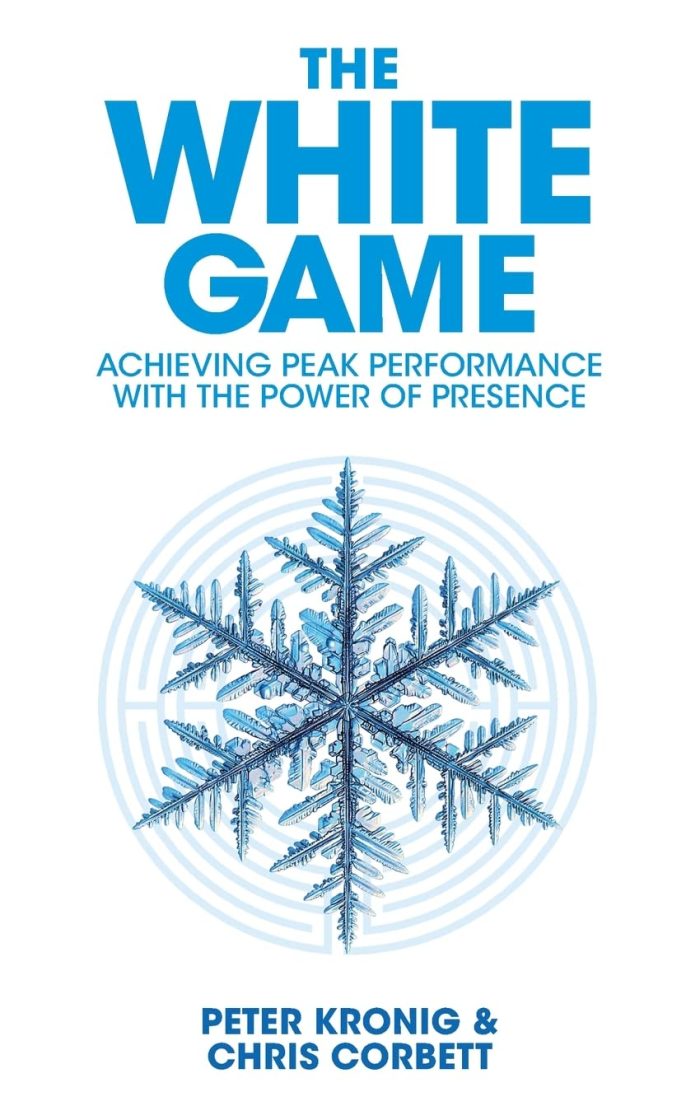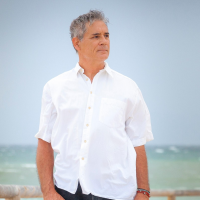The Winter Olympics have wrapped up with all the drama, trauma, politics, and hype they usually bring.
Perhaps hosting them in a controversial country added to all this noise, especially in the middle of a world health crisis.
We’ve seen former multiple gold medal winners return and fail at even the most basic attempt in the discipline they formerly were queen or king of. Images of them on the sidelines with their head in their hands while the other competitors go by is a stark reminder of how the mental side of sports plays such a huge part in an athlete’s performance. There is not only the weight of expectations and the demanding physical preparations that makes success a challenge, but also being psychologically prepared to represent one’s country in the world’s most highly recognized sports platform.
I recently had the good fortune to work with a former member of the Swiss National Ski Team as he documented his feeling-based approach to learning a sport, or improving one’s performance, that touches on the mental side of our actions. The resulting book is called The White Game – Achieving Peak Performance with the Power of Presence. In it, Peter Kronig, the ski master from Zermatt explains fear, visualization, and finding one’s way back to the present moment where peak performance arises via simple awareness exercises, as basic as remembering the in and out breath.
One of the biggest challenges to mental wellness is the state of fear. Peter explains:
“Fear is there. It does its thing—it comes from the mind. In truth it’s an illusion because the mind doesn’t want to let go because it likes to control. We’ve been brainwashed and given all the authority to the mind and it runs us. The only thing I can say is fear, ok it’s there. Let it do its thing but don’t go for it. Just let it go by like a cloud and concentrate on your breathing.”
This comment echoes the United States snowboard champion’s statements about his approach to overcoming fear, which is being able to compartmentalize it, understand the risks, and be stoic when it comes to any resulting injuries and time to recover.
Reading, yet again, about another Russian doping incident, one wonders why the International Olympic Committee allowed them to take part after banning them as a country for the same exact problem the last time around. The natural tendency is toward outrage and frustration, and yet one can learn to rise above it and trust that the official mechanisms will, in future years, make this event a more respectable platform for showcasing talent. No use getting worked up about it and losing a sense of well-being—unless you are a member of the Olympic committee overseeing this!
Maybe it is because of national pride that these types of incidents happen, but at the end of the line, it’s all about how to squeeze the best possible performance out of one’s discipline.
Once again, I come back to Peter’s book where he talks about winning and why the person standing in the number one place on the podium has a smile and talks about finding a flow while the other two seem to wonder why they didn’t achieve the top prize. Perhaps it was fear or a lack of concentration, but a lot of the time, you hear them say they just couldn’t get into a rhythm.
This heightened state of awareness, or presence, is the goal of every athlete—or anybody who works at a discipline requiring concentration, including those who have nonathletic pursuits (even as basic as working in an office). This unique state is not limited to athletes; it can be developed by anyone with continued effort—and ultimately through letting go and being aware in the present moment.
The “flow state” is becoming more recognized in mental health circles as a way to reset not only past trauma like PTSD but also as a way to deal with the anxieties of daily life. Once someone becomes familiar with this through exercises like mindfulness meditation, it becomes a reference point to go back to.
When I watch performances by the world’s top athletes, I’m always reminded of the intensity of concentration that complements all of the training in preparation for a successful performance. Maybe that is the key take-away from all of the Olympics hoopla and noise: that we can see the amazing qualities of these top athletes in their flawless performance—through getting out of their minds and into the flow. Something that we can embed in our own lives as one more step on the journey to living a fulfilled life.







Read 0 comments and reply